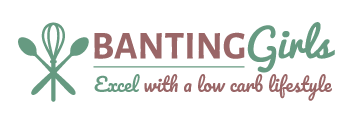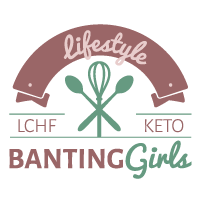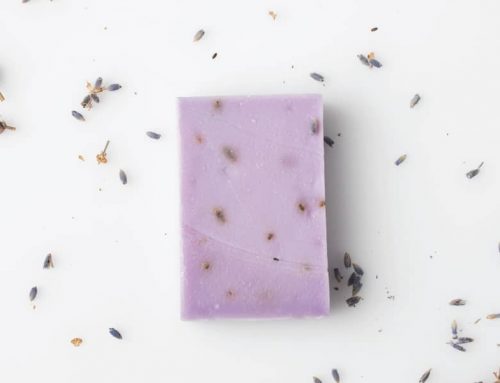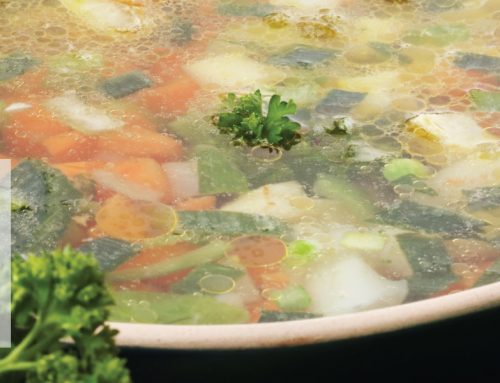So many temptations this time of the year! Did you survive December and January?
Shops are overflowing with temptation during December and this continued well into January with all the sales and shops having to get rid of their excess December stock. It also seems as if advertising was so much more aggressive to make people think about all the sugary and high carbohydrate food almost everywhere you go.
If you avoided temptation, well done! If you gave in here and there, don’t worry. You can always get back on track and pick up where you left off.
Since 2017 is our year to form lasting LCHF habits, we are focusing on SUGAR during the month of February. Remember, scientists agree it only takes 28 days to make or break a habit, so by avoiding sugar for a month, you are setting the tone for a strong LCHF year.
Currently Cancer UK is running a No Sugar February and it definitely seems as if more and more people are coming on board to quit sugar and live healthier lifestyles, which is great news.
There are growing concerns all over the world about the high volumes of sugar that are being consume on a daily basis. Traditional guidelines are that we should not consume more than 5 to 6 teaspoons of sugar a day. That is 25 grams of sugar. For children it is half than for adults. However, research shows that adults, on average, consume about 19.5 teaspoons of sugar a day. That equates to 82 grams of sugar per day, which totals approximately 30 kg a year!
What does sugar do if you exceed the limits that are set out in the guidelines?
It produces (1) cravings and (2) withdrawal along with (3) chemical changes in the brain’s reward centre.
Cravings. Withdrawal. Chemical changes. If it does that to our bodies, how can it be healthy? Alarm bells go off when you realize that it not only affects adults, but kids even more!
Wikipedia says:
There are various types of sugar derived from different sources. Sugar includes glucose, fructose and galactose.
Let’s have a look at how much sugar is in a can of coke.
There is an astonishing 39g of sugar in a normal can of coke (12oz/340g), which converts to approximately 2.6 tablespoons of sugar. Since there are 15 calories in a cube of sugar and each cube is 4 grams, that means the 39 grams of sugar equals 10 cubes of sugar in a can of coke and all the calories are from sugar!
Sugar has a multitude of names that hide in our foods. For example: crystal fructose, high fructose corn syrup, dextran, molasses syrup, rice syrup, malt sugar, galactose, corn syrup solids, beet sugar, date sugar, lactose, treacle, dextrose, barley malt, glucose, sucrose, invert syrup, Diastatic malt, corn sweetener, cane sugar, rice bran syrup, carob syrup, fructose, Acesulfame k, aspartame, brown rice syrup, mannitol, saccharin, Saccharose, sorbitol, maltodextrin, maltose, laevulose, Isomalt and so many more. All of this hiding in our foods and all processed in our bodies exactly the same way as normal table sugar is processed in our bodies.
The Huffington Post had a good article some time ago with the heading “This is what sugar does to your brain”. It said that we know that too much sugar is bad for our waistlines and our heart health but there is also evidence that high levels of sugar consumption can also have a negative effect on brain health, from cognitive function to psychological well-being.
Sugar creates a vicious cycle of intense cravings. It impairs memory and learning skills. It may cause or contribute to depression and anxiety. It’s also a risk factor for age-related cognitive decline and dementia.
Sugar can decrease your appetite for more nutritious food. It can deplete nutrients within your body, has no nutrition (hence the saying that sugar is empty calories), decreases nutrient absorption, leaves you craving more which can lead to weight gain. Consuming too much sugar over long periods of time can affect the natural balance of hormones. It increases levels of glucose in the blood which leads the pancreas to release insulin. High levels of insulin causes the body to store more food calories as fat. It can also affect the hormone called leptin, which is a natural appetite suppressant that tells your brain when you are full and had enough to eat. Leptin resistance causes the brain not to receive the message to stop eating, thus promoting weight gain and obesity.
Here is the problem. Sugar is found in 74% of packaged foods in our supermarkets. However, The World Health Organisation recommends that only 5% of our daily caloric intake comes from sugar.
The definition of food is:
Many types of added sugars do not fit this definition. Free sugars such as raw honey, pure maple syrup may provide trace amounts of micro nutrients, however, sugars commonly added to processed foods like sucrose and high fructose corn syrup do not have any nutrients. It also have detrimental effects on all the important functions of food: to produce energy, stimulate growth and maintain life.
One video that we’ve watched and that stands out for us is The Secrets of Sugar. Well worth the watch and definitely thought provoking.
All that said, make it a habit to read the ingredient part of labels on food packaging and look for any form of sugar, even when they have the word natural on the package. Make sure that you eat good quality whole foods and where possible try to avoid any processed foods. It is not difficult to make things from scratch and in fact you can cook a delicious meal in less than 30 minutes, from scratch without all the harmful additives.
We would like to just remind you to stay on the GREEN list as this will really help you to keep the cravings at bay.
Lastly, remember LCHF is not a diet, it is a lifestyle change.
Excel with a Low Carb Lifestyle. Until next time!
Eunice & Gina
BantingGirls





